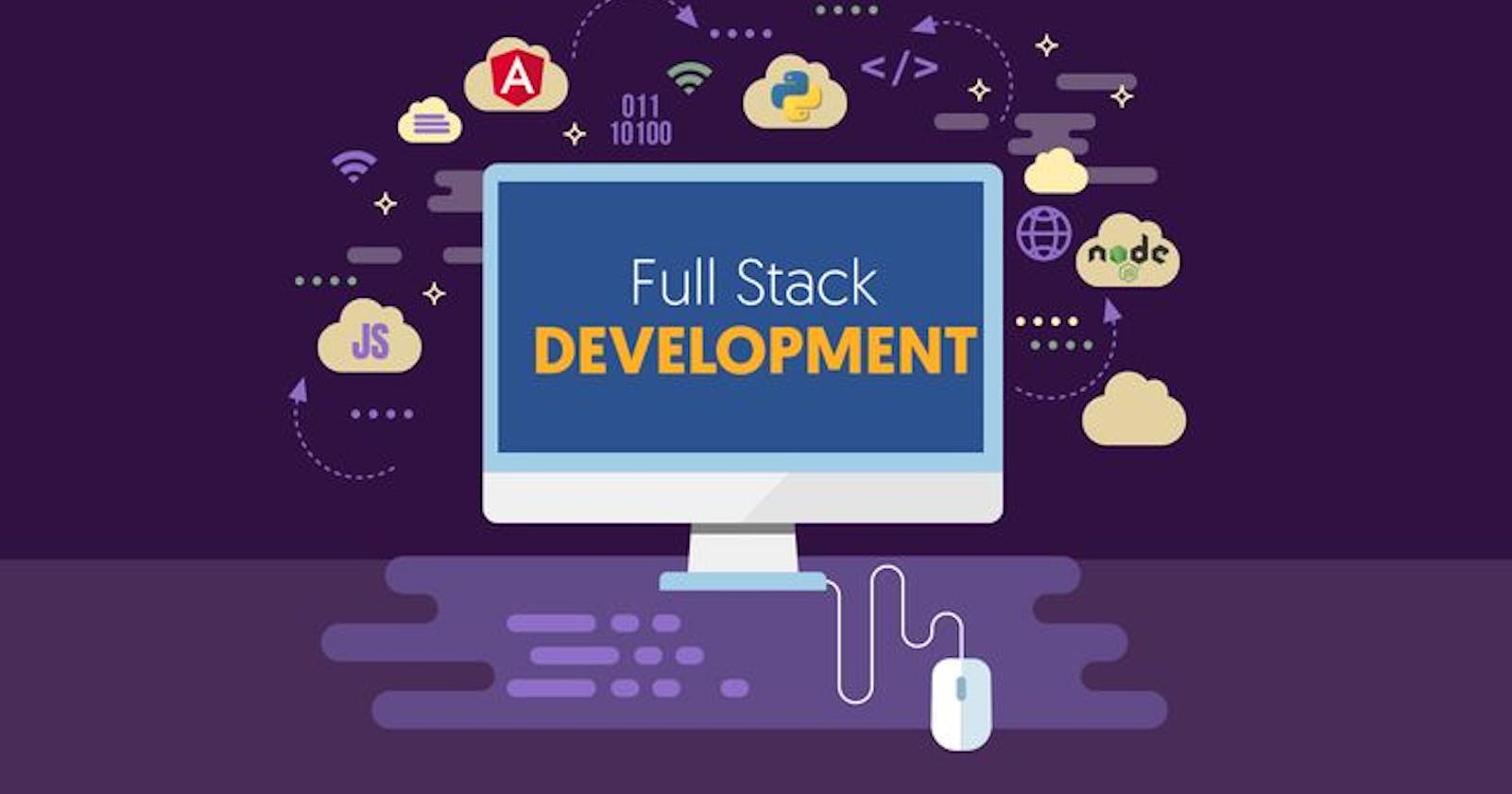Achieving Full Stack Excellence: Strategies for Success
Unveiling the Blueprint: Mastering Full Stack Development for Success
In today's fast-paced technological landscape, proficiency in just one area of expertise often falls short. The demand for professionals adept at navigating both front-end and back-end aspects of development is skyrocketing. Enter full-stack developers—the Swiss Army knives of the tech world. But what does it take to achieve full stack excellence? In this guide, we'll explore strategies for success in becoming a top-tier full stack developer.
Understanding the Full Stack
Before delving into strategies, let's clarify the concept of the "full stack." In web development, the full stack encompasses both the front-end (client-side) and back-end (server-side) components of a software application. This encompasses everything from the user interface and user experience (UI/UX) to databases, server logic, and system administration.
Strategy 1: Mastering the Fundamentals
Proficiency in full-stack development begins with a solid foundation. Focus on mastering fundamental programming languages and technologies such as HTML, CSS, and JavaScript for the front end, and languages like Python, Java, or Ruby for the back end. Understanding data structures, algorithms, and design patterns is crucial for building scalable and efficient applications.
Strategy 2: Learning Multiple Technologies
Full-stack development demands versatility. Familiarize yourself with a variety of frameworks, libraries, and tools for both front-end and back-end development. For the front end, explore frameworks like React, Angular, or Vue.js, while for the back end, consider options such as Node.js, Django, or Express.js. Additionally, acquaint yourself with database management systems like MySQL, PostgreSQL, or MongoDB.
Strategy 3: Embracing Continuous Learning
Technology evolves rapidly, making it essential to stay updated with the latest trends and advancements. Dedicate time to continuous learning by reading tech blogs, following industry influencers, and participating in online courses or workshops. Join developer communities, attend conferences, and contribute to open-source projects to expand your knowledge and network with other professionals.
Strategy 4: Practicing Problem-Solving
Full-stack developers often encounter complex problems requiring creative solutions. Sharpen your problem-solving skills by tackling coding challenges on platforms like LeetCode, HackerRank, or CodeSignal. Practice debugging code, optimizing performance, and troubleshooting issues across the entire stack. Real-world experience is invaluable, so seek opportunities to work on diverse projects and collaborate with multidisciplinary teams.
Strategy 5: Prioritizing Collaboration and Communication
Effective communication and collaboration are vital skills for any developer, especially full-stack developers who interact with various stakeholders. Practice clear and concise communication, both written and verbal, and actively listen to understand others' perspectives. Collaborate with designers, product managers, and fellow developers to ensure alignment and deliver high-quality solutions that meet user needs.
Strategy 6: Building and Maintaining Projects
Building real-world projects is one of the best ways to apply your skills and demonstrate proficiency as a full-stack developer. Start by working on personal projects to explore different technologies and showcase your abilities. As you gain experience, contribute to open-source projects or collaborate with others on larger initiatives. Maintain and update your projects regularly to reflect your growth and expertise.
Strategy 7: Focusing on Quality and Scalability
In full-stack development, quality and scalability are paramount. Write clean, maintainable code that adheres to best practices and coding standards. Implement automated testing and continuous integration practices to ensure the reliability and stability of your applications. Design systems with scalability in mind, anticipating future growth and adapting architectures accordingly.
Strategy 8: Cultivating Soft Skills
Technical skills alone aren't sufficient to excel as a full-stack developer. Cultivate soft skills such as teamwork, adaptability, and time management. Practice empathy and emotional intelligence to foster positive relationships with colleagues and stakeholders. Stay organized, prioritize tasks effectively, and manage your time efficiently to meet deadlines and deliver results consistently.
Conclusion
Achieving full-stack excellence requires a blend of technical expertise, continuous learning, problem-solving abilities, and soft skills. By mastering the fundamentals, learning multiple technologies, embracing continuous learning, practicing problem-solving, prioritizing collaboration and communication, building and maintaining projects, focusing on quality and scalability, and cultivating soft skills, you can reach the pinnacle of full-stack development and thrive in today's dynamic tech industry. If you're looking to enhance your skills further, consider enrolling in a Full Stack Development Training Course in Nagpur, Indore, Gwalior, Delhi, Noida, Lucknow, or other cities in India.
